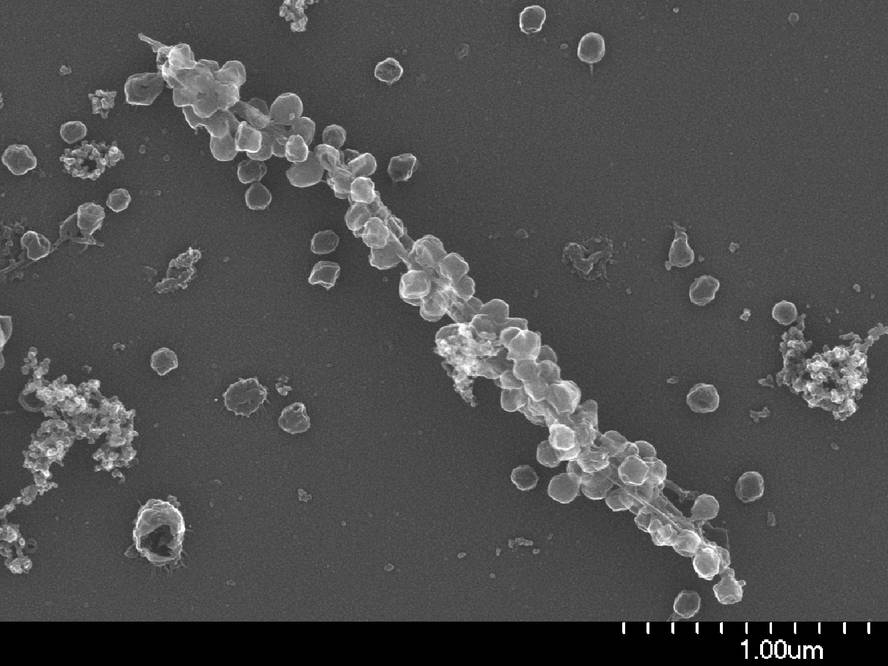Semen reduces the effectiveness of anti-HIV microbicides

A group of international researchers has shown that their child significantly reduces the effectiveness of microbicides against HIV. It had previously been proven that the child increases the infectious capacity of HIV, and it has now been proven that this directly affects the efficacy of microbicides. The work has been published in the journal Science Translational Medicine.
According to researchers, this could explain why so many microbicides that successfully block viruses in the laboratory do not work well in people. The tests have been done with different microbicides, comparing their efficacy with semen and without semen, and have shown that when semen is involved the efficacy of microbicides is 20 times lower.
Amyloid fibers present in semen increase the infectious capacity of HIV. Viruses are associated with these fibers forming groups of viruses. This facilitates cell adhesion and infection. According to the researchers, this effect is sufficient to significantly reduce the efficacy of microbicides. In fact, most microbicides act directly against viruses, breaking or trying to eliminate the capacity of infection. The only exception found in this study was another type of microbicide (Maraviroc). This microbicide acts on host cell receptors, in which case the child does not diminish its effectiveness.
Researchers have proposed that a pathway to improve microbicides can be accompanied by drugs that act against amyloid fibers. And, in any case, they underline the need for microbicides to be carried out in a laboratory with semen.




